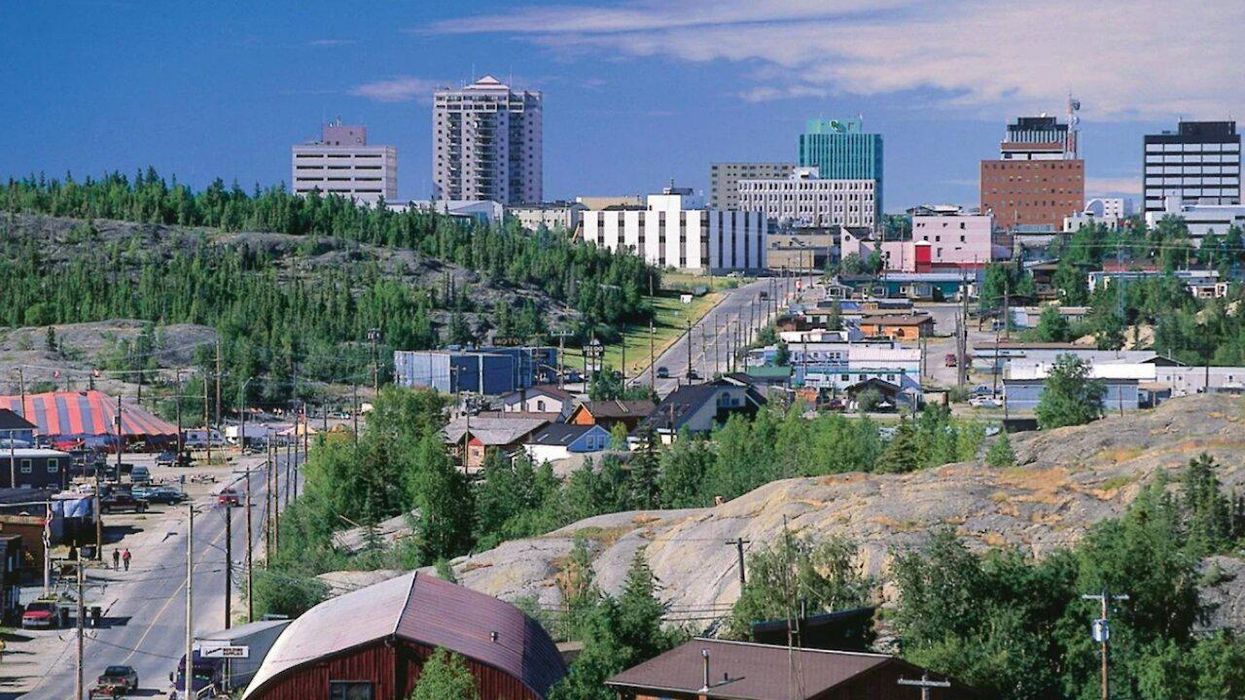A New Study Says Parts Of Canada Could Be A 'Lifeboat' For Humanity When The World Ends
Yikes!
This country is the place to be, apparently, because it's possible that northern Canada could become a "collapse lifeboat" for humanity in the event that the world ends.
A new study says that the continually rising complexity of human civilization has led to global effects like climate change, which increase the risk of a worldwide collapse that could cause a widespread reversal of humanity's complexity.
The "lifeboats" are locations that wouldn't experience the greatest effects of a societal collapse and could continue to sustain a population.
If the global average temperature rises by 4 degrees, the study says that much of the land in the tropical and subtropical parts of the world could become "unproductive and depopulated."
In that situation, places like northern Canada, Russia, Scandinavia, New Zealand and the British Isles could stay habitable through farming and act as "lifeboats" to keep humans alive.
In a scenario where the temperature increase is 5 degrees, there may be major relocations to certain parts of the world, which could result in a reversal of globalization, "economic depression and shifts in global populations."
While parts of Canada could be a lifeboat for humanity, it wasn't included in the study's shortlist of nations where civilization could keep a certain level of complexity. New Zealand was said to have "the greatest potential" for that; the other countries on the list were Iceland, the U.K., Australia and Ireland.
Recently, a NASA study revealed that a regularly occurring moon wobble that affects the Earth's tides will combine with rising sea levels and lead coastal cities all over the U.S. into a decade of "rapidly increasing" high-tide floods in the mid-2030s.
